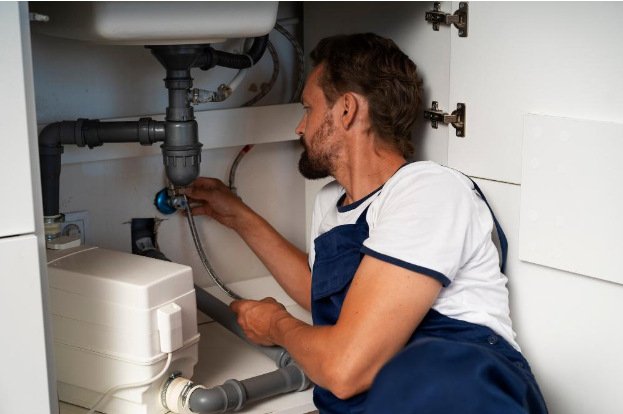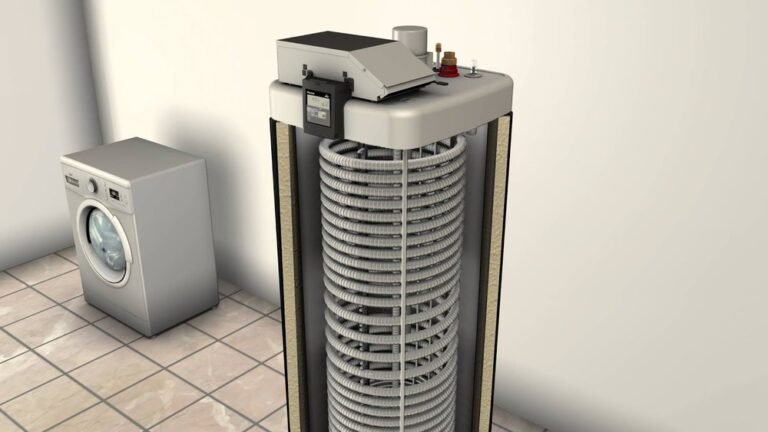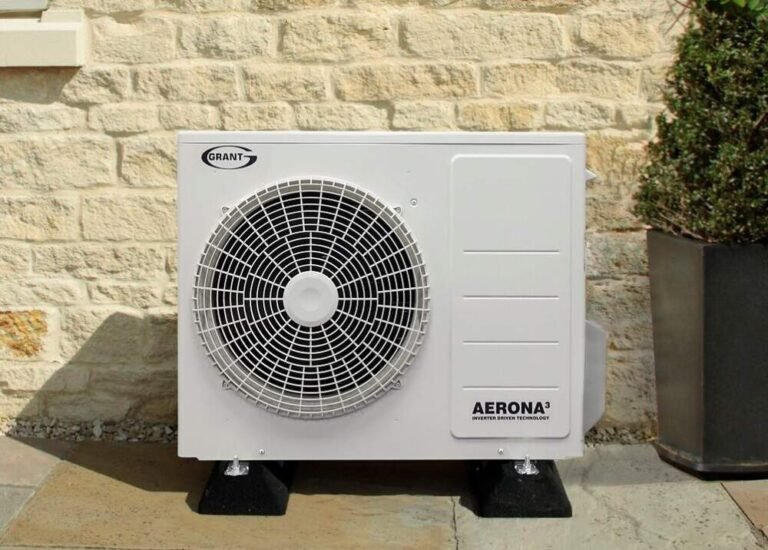What is the UK energy efficiency strategy?

The UK government is determined to make the nation more energy efficient. It helps people save money and energy in various ways. That’s why it has taken multiple initiatives, such as free insulation and central heating grants. A boiler replacement scheme is also one of them. It aims to provide more energy-efficient boilers and other heating upgrades. In today’s economy, energy efficiency is super important, and the government wants to change how the British people think about it—putting it right at the center of everything.
What’s Energy Efficiency?
Improving energy efficiency is like learning a new way to wash your hands that uses even less water. You could soap up with wet hands instead of running water or shake off the excess suds quickly. It’s the same clean result, but even less water used!
Here are some other ways to think about energy efficiency:
It’s like getting more mileage out of your car. You’re going the same distance but using less gas (energy).
It’s like turning off the lights when you leave a room. You’re not using energy you don’t need.
The key idea is that energy efficiency uses less energy to achieve the same results. It’s about being more innovative with energy use, not just using less.
Why Saving Energy is Important?
Saving energy is super essential for a cleaner environment. By using less energy and cutting waste, we can lower our bills, improve our energy system, and help the planet by reducing pollution.
Cutting down on how much energy we need is often cheaper than finding more energy. The government focuses on energy efficiency—it’s at the center of their plans.
What’s the UK’s Energy Efficiency Strategy?
The UK’s British Energy Efficiency Strategy and the Net Zero Strategy share a common goal: increasing domestic energy production and reducing energy demand. To move toward energy independence, the government aims to double Britain’s electricity generation capacity by the late 2030s. Furthermore, it remains committed to maximizing the vital production of UK oil and gas as the North Sea basin declines.
This strategic approach is fundamental to decarbonizing the UK, maintaining secure energy supplies, and increasing the productivity of our businesses. With a proud history of optimizing resources, energy should be no exception to our commitment.
Salient Features of Energy Efficiency Strategy
- Saves Money: It helps households and businesses save money on their energy bills.
- Boosts the Economy: It supports economic growth and creates jobs.
- Strengthens Infrastructure: It contributes to improving our infrastructure, making our energy system more secure and sustainable while reducing our need for energy from other countries.
- Cost-Effective Decarbonization: It’s often the cheapest way to make things more environmentally friendly.
Homes in Britain are all different when it comes to saving energy. Making as many homes as possible that are good at saving energy is not just a good idea; it’s also a big chance for businesses. British companies can improve this and sell their skills to other countries.
This strategy shows what we want to save energy in the next few years. It tells us what we’re aiming for, what problems we need to fix, and what we’re doing right now to improve the energy-saving market.
It’s about connecting money with what people need, coming up with new ideas, and making it easy for people to get info about saving energy.
Aims and Objectives of Energy Efficiency Strategy
The UK government wants to use less energy in buildings and factories – 15% less by 2030! That’s like turning off one light bulb in every home every day.
Here’s how the government will do it:
- Making buildings smarter: Better insulation, windows, and heating systems to keep houses warm and cozy with less energy.
- It was picking energy-saving gadgets: Lights that shine brighter with less power and appliances that work like magic without guzzling energy.
- Helping businesses be energy champions: Showing companies how to use less energy, saving money, and helping the planet.
- Saying goodbye to dirty fuels: Switching to cleaner heating sources like sunshine and air instead of gas and oil.
- Investing in our energy future: Putting £6.6 billion now and even more later to make this plan successful.
The Great British Insulation Scheme
This program is part of the Energy Efficiency Strategy. It helps people insulate their homes, keeping them warm and cozy while using less energy.
Think of it like putting on a warm hat and scarf – a simple way to stay comfortable and save money on heating bills!
Money for Home Energy Upgrades
The government is putting £1 billion extra towards better insulation and other energy-saving measures for lower-income households and those in older, less efficient homes.
Imagine getting a free energy makeover for your house – cozy and warm without spending much!
Addressing Fuel Poverty
Addressing fuel poverty is a critically important component of Energy Efficiency Strategy objectives. It means aiding those with low incomes who struggle to stay warm affordably. Specifically, vulnerable groups, like households with older people and children, face health risks from cold homes, such as respiratory illnesses. Here, energy efficiency steps in, providing insulation from both the cold and the impact of rising energy prices.
Free Boiler Grants
Getting a new boiler can cost a chunk of change, anywhere between £1,000 and even £7,000! That’s a big gulp. But hold on, there might be ways to lighten the load on your wallet.
Some grants and schemes like ECO can help you snag cash for your new or back boiler replacement. In some cases, you might even get a freebie! Who doesn’t love free stuff, right?
But here’s the catch: only some qualify for these money-saving magic tricks. And sometimes, those options that seem sweet at first can leave you feeling drained later on.
So, the bottom line is: do your research! Check out those grants and schemes, see if you fit the bill, and weigh your options. Choosing wisely can keep your wallet happy and your boiler humming for years!
If you’re uncertain about grant eligibility, enter your postcode here, and we’ll help you obtain grants for home upgrades.






